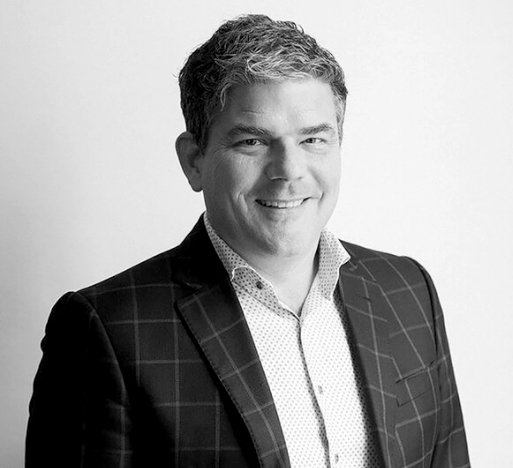By Bradley Atkins
Managing a budget for the average Canadian can be a heavy lift. Recent events such as the COVID-19 pandemic have reminded Canadian households that when unexpected events occur, we must be financially prepared. What follows are a practical series of steps that you can take to protect your wealth even when you are living paycheque to paycheque, provided to you by financial expert, Bradley Atkins.
Q: If you are living check to check, how do you assess your budget to see what’s really going on?
A: It’s important to have a handle on where your money goes each month. There are many apps out there that will get all of your transactions in one place, but I find it just as easy to pull up my checking account and credit card statements and write them all down. There’s something magical that happens when you go through the exercise of writing down each expense. You create a true connection between your brain and your hand. Write down every transaction going back three months and dig in to find the random expenses that occur throughout that quarter.
Then, create categories so you can see a full picture. Don’t make this too complex. Five or six categories is plenty—housing, food, entertainment, transportation, insurance and debt repayment is plenty of detail, for example. Working through this process alone sheds light on where expenses can be reined in. Remember that even the smallest expense compounds over time, not just the amount, but the life of interest you could earn as passive income for not spending it.
Q: Why is it so difficult to stick to a budget? If you are averse to them, what are some baby steps to get started?
A: The easiest place to start for most people is entertainment. Specifically, dining out. Morning coffee shop visits are easy to replace with a nice insulated mug and a coffee maker at home. Signing up for an online cooking class is less expensive than one nice dinner and can make eating at home each night fun. The added bonus is you’ll likely lose a few pounds, which can make you feel better and motivated. You don’t need to forego a new car or rush to pay off your mortgage too quickly. While those goals are nice, they tend to overwhelm most folks who just need to shave 15 per cent or so off of their spending each month and direct it towards their savings.
Q: If you don’t have any debt, but want to save money, what are some smart ways to squeeze more from your paycheque?
A: Easy, pay yourself first. Send 15 per cent of your pre-tax earnings to your retirement plan, and then into an investment account. If you’ve got a few bucks, you really should find an advisor to work with too, they tend to help you keep your hands off of your money.

Q: What are three ways to drastically cut your budget and reduce household expenses?
A: Pretend you just had a child and one spouse quit working. Sell a car. Stop dining out.
Q: Which are some painless ways to cut your expenses?
A: Pack your lunch, cancel apps you pay for but don’t use, cut your cable and use online streaming services. Also, check to see if refinancing any of your debt makes sense (especially student loans and mortgages).
Q: Which expenses are destroying budgets, yet, we refuse to cut them?
A: Food and booze for sure, at least until restaurants and bars shut down. We now see people spending as much money dining out as they spend on housing. Everyone wants to live a lifestyle of the rich and famous and it is destroying budgets. If you are a two-income household living paycheque
to paycheque, you can’t afford to be a foodie! If you want to feel closer to the culinary scene, take a class online and spend time cooking for yourself and learning about cuisine.
Recent events such as the COVID-19 pandemic have reminded Canadian households that when unexpected events occur, we must be financially prepared.
Q: What are some ways to have free fun without the expense?
A: We seem to have lost the art of entertainment. Invite people to your backyard or the park and have them each bring their own meal and drinks. I’m amazed at the restaurant expenses I’ve seen over the past ten years or so. It’s not uncommon to see folks spending thousands of dollars at bars and restaurants each month. That expense alone equates to hundreds of thousands of dollars in lost savings over 20 years.
Sports is another way to stay fit and have fun for a minimal cost. There are many great leagues for sports that don’t cost a lot of money. Soccer, softball and basketball all have great leagues in most cities and don’t require thousands of dollars of equipment. They also take a couple hours out of your evenings that might otherwise be spent at expensive happy hours or attending other entertainment events.
You know what else is fun? A part-time gig in a field you’ve always wanted to work in. Our firm is headquartered in a coastal city where I see a lot of folks working part-time at marinas, golf courses and popular entertainment venues. When you’re busy, you don’t have time to spend money and the added income from a second job can have a huge impact on your financial life.

Bradley Atkins is the CEO of Modern Capital, a diversified financial services firm. www.moderncap.com














